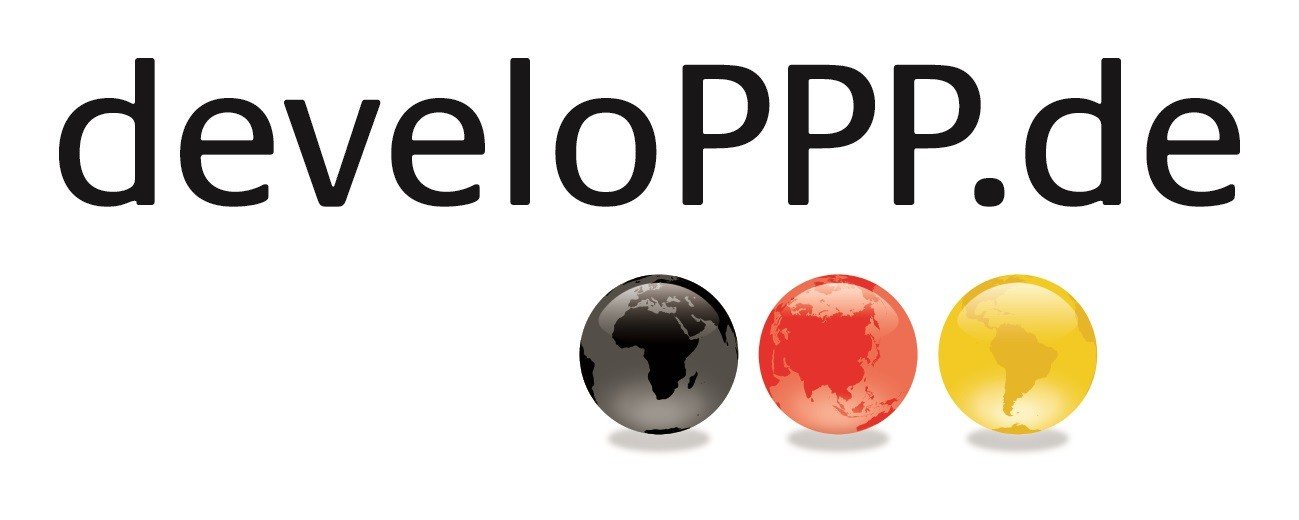Target of the Stichting Steun Dairy Farm Cooperative is vocational training and practical support of local smallholder dairy farmers with implementing sustainable mixed dairy farming practices. This will help them to transform their practices from subsistence farming into cost-effective, high-yielding and sustainable mixed farming systems. The idea is not only to train the farmers, but also local stakeholders in the value chain, including extension workers and university students, in order to embed the new knowledge locally as much as possible.
The project will be implemented in the form of a practical pilot, during which both smallholder dairy farmers and their employees, plus other stakeholders in the local dairy chain will be trained and capacitated. The project will be implemented around a village called Beke, in the Oromya region 40 km to the North of Addis Ababa.
Important training and capacity building subjects will be:
Growing animal feed crops (luzerne, alfalfa), including subjects like soil fertility, soil improvement, mineral cycles, irrigation, use of agriculture machinery. This will dramatically decrease costs for animal feed and make the farmers self-sufficient w.r.t. feed.
Dairy cattle management, including the genetic make up of dairy cattle, cross breeding as a means to genetically improve the herd, artificial insemination, animal management incuding calf management (how to feed and manage new-borne calves), how to keep accurate records in order to determine the appropriate amount of feed and adjust it accordingly as the animals mature, animal health (avoid diseases and mortality).
Milking techniques and milk processing.
Marketing of dairy products.
The demand for milk products in Ethiopia far outstrips the supply in urban and peri-urban areas of Ethiopia, making milk production an attractive livelihood option for many smallholder dairy farmers. Rising demand is driven by a combination of factors, including population growth, urbanisation and increased awareness of the nutritional benefits of milk. The steady economic growth over the past decade also contributed.
Despite these positive trends, a combination of supply and demand side challenges continue to hamper the further growth of the dairy sector. On the production side, the smallholder dairy farmer systems are characterized by low per capital milk production of dairy animals and limited access to high quality livestock feed. Dairy farmers currently spend up to 60% of their production costs on (often poor quality) livestock feed. As a result, they try to save on feeding (i.e. by feeding crop residues), which reduces milk production and thus income. Other constraints are the lack of availability of agriculture machinery, which is mostly too expensive for individual farmers. Moreover, the breeds are of poor, low-yielding quality, and there is a critical knowledge gap for smallholder dairy farmers.
The combination of these factors hamper improvement of yields, good agricultural practices, product quality, prices and hence farmer incomes.
This vicious circle needs to be broken, in order to actually use the full potential the dairy sector has for smallholder farmers, and in order to attract young farmers and convince them to enter this potentially interesting income generating sector.
This the problem that this project wishes to address, by implementing an integrated innovative approach, with a heavy focus on vocational training, improvement of practices and embedding the new knowledge in the local value chain.
In june 2018 signed Beke Dairy Cooperative a Memorandum of understanding with Dawit dairy Farm.
